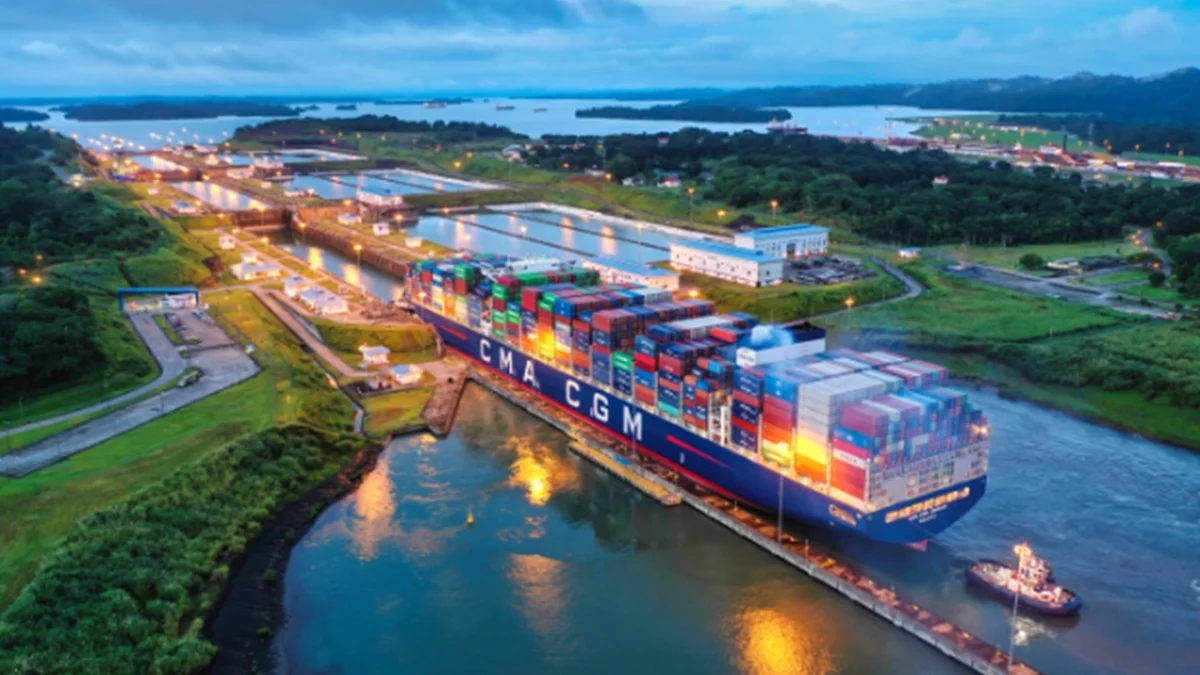
The severe drought suffered by the Panama Canal has resulted in a sharp drop in transits for the Fiscal Year ended 30 September 2024.
The Panama Canal Authority (ACP) has reported a 29% drop in the number of transits during Fiscal year 2024 (October 1, 2023-September 30, 2024) to 9,936 transits, compared to 12,638 vessel transits during the same period last year as a prolonged dry season and severe drought limited navigation.
The severe drought saw the ACP introducing restrictions to draught and transit numbers for the Canal through much of 2023 which at their worst in late 2023 (the first quarter of FY2024) the number of daily transits cut to just 22 compared to 36 normally. Restrictions started to be eased from 16 January 2024 and conditions gradually returned to normal over the coming months.
The annual figures show that the container ship sector was the least affected in terms of numbers of transits, but many other sectors such as gas carriers and dry bulk seeing significant reductions numbers
There were 2,852 transits via the neo-Panamax locks in FY24, down 21% year on year. Container ships dominated neo-Panamax locks transits with the number increasing slightly, by 36 transits or 2% compared to FY23.
The very large gas carriers, second user of the neo-Panamax locks, dropped by 165 transits or 17%. The third largest, LNG, fell sharply to 214 transits or 66% drop.
The container ship, VLGC and LNG carrier segments increased their dominance of traffic in the neo-Panamax locks to 95% in FY2024 compared to 84% in FY2023.
There were 428 fewer neo-Panamax transits in non-container/VLGC/LNG segments in FY24 than in FY23, a severe decline of 74% compared to FY 2023.
Transits in the Panamax locks were down 32% at 7,084 compared to FY 2023.
The dry bulk segment was the most affect falling by 46% and chemical tankers by 17%, general cargo by 45% and refrigerated carriers by 20%.
In addition, the Canal Authority announced the implementation starting 1 October of the new methodology of Long-Term Quota Allocation for all market segments, except for Liquefied Natural Gas (LNG) and Liquefied Petroleum Gas (LPG).
The introduction of this method, as part of the booking system, was developed to increase transit security and flexibility, said the ACP at the time.












